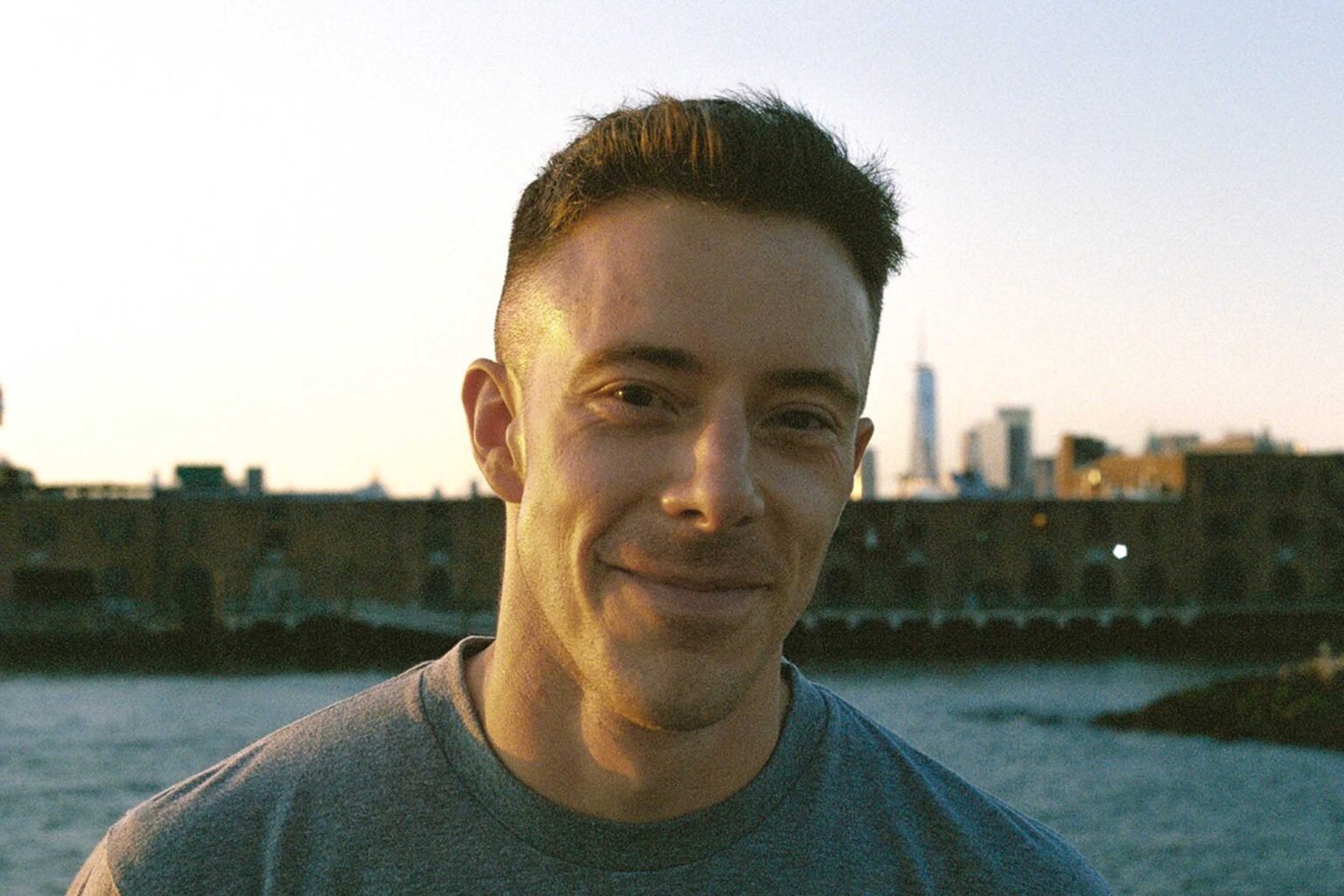
Emotion machine: Get to know ‘Homebody’ director Joseph Sackett
Joseph Sackett is an award-winning writer & director who is preparing his feature film debut. Sackett’s work has been screened in competition at the Cannes Film Festival, Slamdance, and Outfest. His work examines the complex nature of queerness in our rapidly changing world.
Sackett’s Homebody is a genderqueer take on the body swapping of films like Freaky Friday and Big. In the film a young boy named Johnny, played by Tre Ryder, finds his spirit transferred into the body of his babysitter Melanie, played by Colby Minifie. What follows is a playful narrative about queer childhood & gender expression.
Film Daily was fortunate enough to sit down with Sackett and talk about his new film. Here is what he had to say.
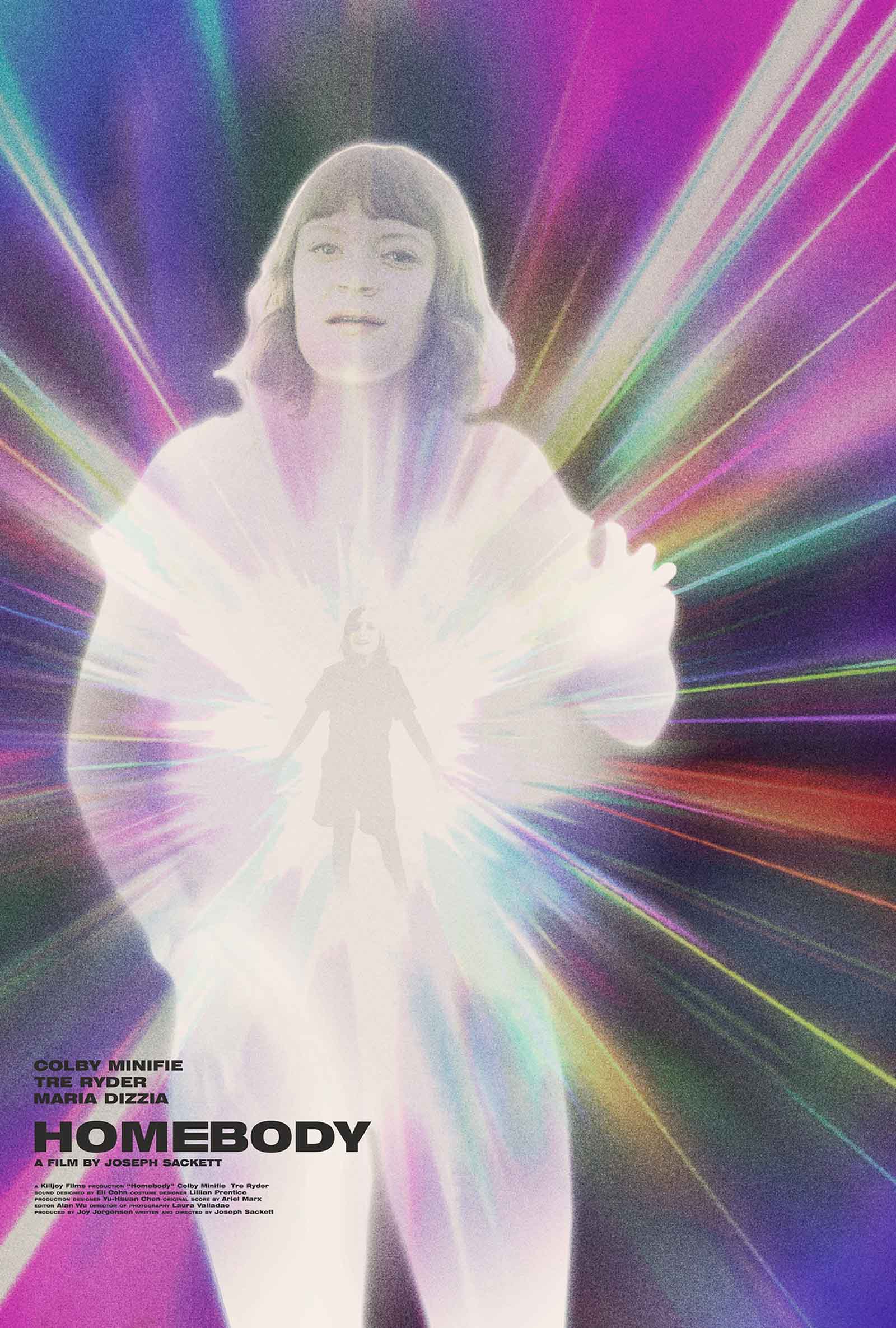
Tell us about how you first became interested in filmmaking.
I’ve always been really into movies. We have a home video of me as a little kid pacing back and forth on the sofa recounting, in detail, all the plot points of The Little Mermaid. We had this small, independent video store in the neighborhood where I grew up in Portland, OR. Every 2-for-1 Tuesday, I would go and rent whatever looked good to me, and watch both of them as soon as I got home. My parents were very cool, and put a note on our account there that I was allowed to rent R-rated movies when I was in middle school. There were a bunch of movies that I probably saw when I was a little too young to fully digest them, like Welcome to the Dollhouse, Fight Club, Boogie Nights. I would get totally obsessed with these movies. And I’m really grateful that I got exposed to such inspiring stuff at an early age.
How did you make the jump from being interested to being a filmmaker?
Since age 12 or so, I’ve been making short films. But it was almost always just messing around with my friends. It felt more like a hobby than something that could be a career. But when I was in my mid-20s, I worked for a startup in San Francisco, and they let me make their training videos. I think it was that experience of getting paid to do this thing that I’d always loved that gave me the confidence to go back to grad school for film. That was a turning point where I went from thinking of filmmaking as a night and weekends occupation to something that I wanted to make my full-time job.
Can you talk us through your creative process when you’re approaching a new project?
Something I really like about filmmaking is that it encompasses so many different ways of working. Writing exercises one creative muscle, meeting with collaborators in pre-production works another muscle, and being on set works another one still. So the creative process ends up being this extensive, multicolored, all-encompassing thing. But I guess the bottom line is that I try to spend as much time thinking about and working on a project as possible. When I’m getting ready to make something, I like to sit quietly in a room with my eyes closed and imagine the movie playing out scene by scene.
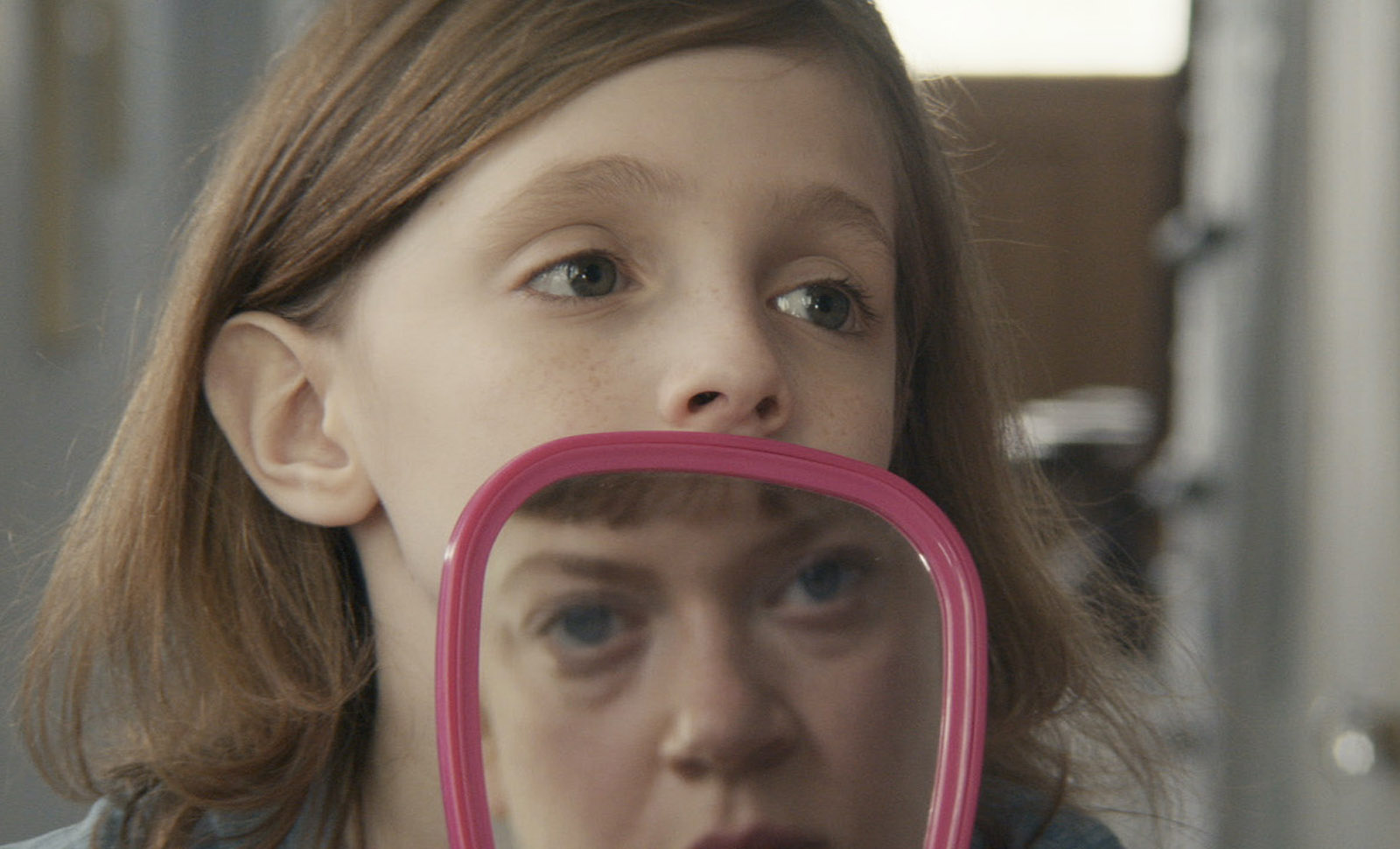
Your latest project Homebody is about a young boy who sends his spirit into his babysitter. Where did that story come from?
It’s based on a true story. It’s about when I sent my spirit into my babysitter’s body. I’m just kidding. But, on an emotional level, it comes from a very real place. It’s inspired by my own genderqueer childhood. And like a lot of the body-swapping movies that inspired it like Big, Freaky Friday, Being John Malkovich, it’s a wish fulfillment fantasy. Getting to experience life as a girl is something that I dreamed about all the time as a kid.
What was it like to create a project that explored issues that are very close to home for so many people?
Well, I approached it from a very personal place. In some ways, it’s about the shame that I felt for being queer, for being different. I was always teased as a kid for acting like a girl. That negative social feedback made me desperate to figure out the “boy rules”. I so badly wanted to perform “boy” correctly. I think a lot of queer people can relate to that. And even though I experienced a lot of trauma connected to my queerness, at this point in my life I’m very grateful for those experiences. I think they made me more empathetic and they definitely made me hyper-aware of gender performance. And both of those things inform my work now and are definitely a big part of Homebody.
How did the story change in the process of first writing then filming it?
From the first draft of the script to the final cut of the movie, it feels like the story is constantly changing in infinite ways. I was actively re-writing the shape of scenes and specific pieces of dialogue with collaborators on set. And then again in the editing room, the cut changed so many times. And yet, even after all of those innumerable mutations, the finished film stayed pretty close to what I had initially intended to make.
What was your biggest challenge while working on Homebody?
The third act is all about Johnny-as-Melanie having to be the doula for this queer couple who is giving birth to their first baby at home. It was important to me that that sequence feel believable. I felt a certain amount of creative insecurity writing about this birth since as a male-bodied person that will never be a part of my physical experience. So I watched a ton of home birth videos on YouTube, and met with several doulas and midwives as part of the research process. And that whole sequence was inspired by my sister’s birth, which I got to attend. One fun detail there is that her doula was our cousin, Scarlett Lynsky, who was also one of a couple of babysitters that I had as a kid who inspired the character of Melanie. So a very full-circle moment there.
What do you hope your audience takes away from the film?
First and foremost, I hope people enjoy themselves watching it. I was interested in making something fun. I’m also very much a happy ending kind of person, so I hope people leave feeling uplifted. As I mentioned, this movie does touch on some heavier themes of queer shame and self-discovery. I didn’t want to shy away from those bigger ideas, but I was interested in making a piece of entertainment that people could have a good time watching.
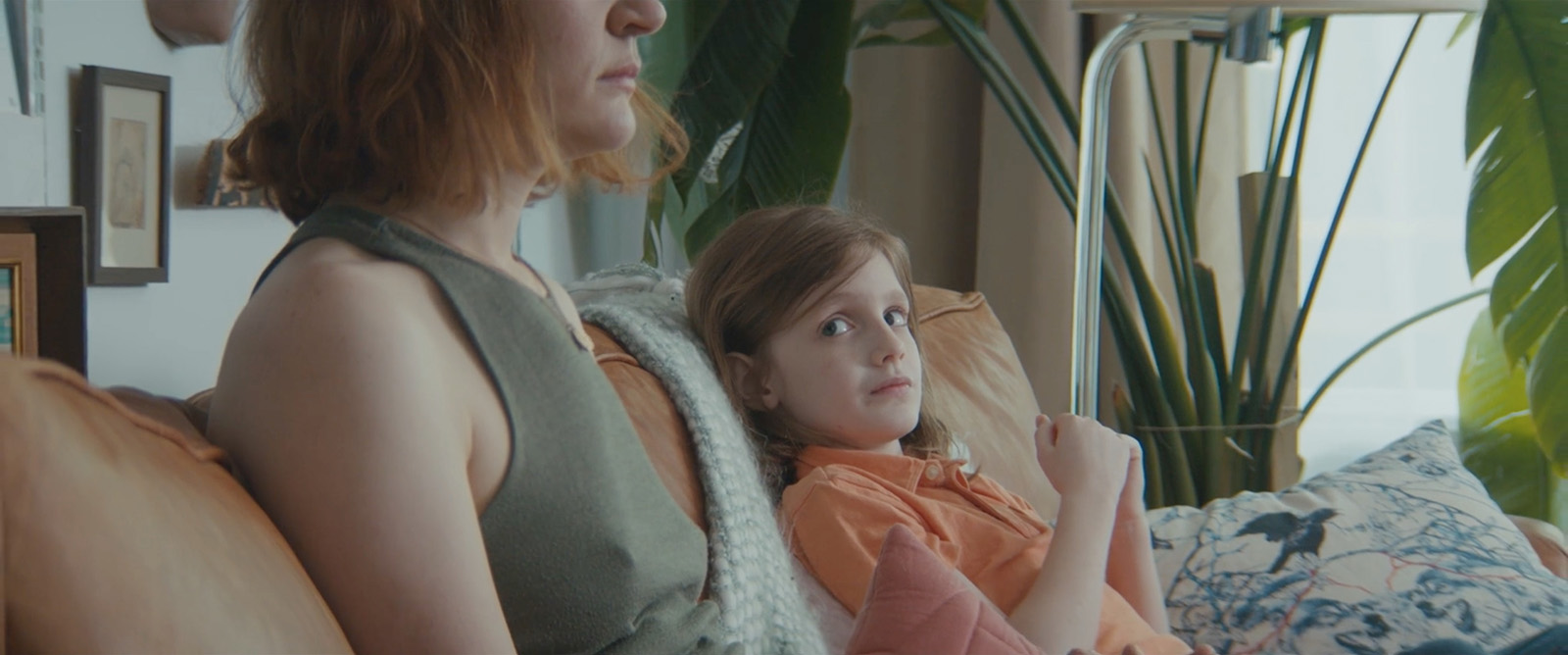
Is writing a film more or less difficult for you than directing a film?
In my mind, writing and direct exist on the same continuum. Writing a scene is like my first opportunity to direct it. And directing a scene is like writing another draft of it. That said, they are very different experiences socially. I wrote Homebody alone at the desk in my room. So there was a lot of freedom to explore and try things out, which was fun. But it was also pretty isolating. Conversely, being on set, surrounded by this amazing team of people who were lending me their time and creativity to bring this story to life was so exciting. It filled me up to the brim with gratitude. But I’m enough of an introvert-leaning ambivert that it was also really exhausting.
Who are your current influences?
I’ve always loved filmmakers like Pedro Almodovar, David Lynch, Wes Anderson. These directors whose creative DNA is so thoroughly embedded in all of their work. You can watch 10 seconds of a movie by any of those people and know whose world you are in. But those are kind of perennial influences. In terms of recent stuff, I just finished this book Circe by Madeline Miller. I loved it. It was one of the most inspiring things I’ve read in a long time.
How important do you think having influences and a community is for a filmmaker?
Well, I’m a believer that there is nothing new under the sun. Everything is just a remix of things that have come before. Which, to me, is a very liberating idea. It’s not about doing it first because that’s impossible. It’s just about doing it your way. I love this book Steal Like An Artist by Austin Kleon, which very much embraces that idea. That’s a book that I’ll pick up periodically when I want to feel inspired. So, if you buy into that philosophy, then influences are everything. The media diet that you sponge up is going to determine what you squeeze out.
What has been the biggest success of your career so far?
Honestly, I think it’s been premiering Homebody at Outfest LA. My last two short films played at Outfest, so it was a very cool full-circle moment to bring my first feature there.
You’re currently in pre-production on your second feature Cross Pollination. Could you tell us a little about the film?
Sure! Cross Pollination is a queer sci-fi rom-com. It’s about an alien on Earth struggling to pass as human. But things get complicated when he falls in love with a man and gets knocked up.
Do you have any other projects on the horizon?
I’m also developing a TV series about robots, but that’s in a much earlier stage of development so I’m not talking a ton about it right now. It’s not like I’m afraid someone’s gonna steal the idea or anything like that, it’s more that I’m still noodling on it and figuring out what I want it to be.
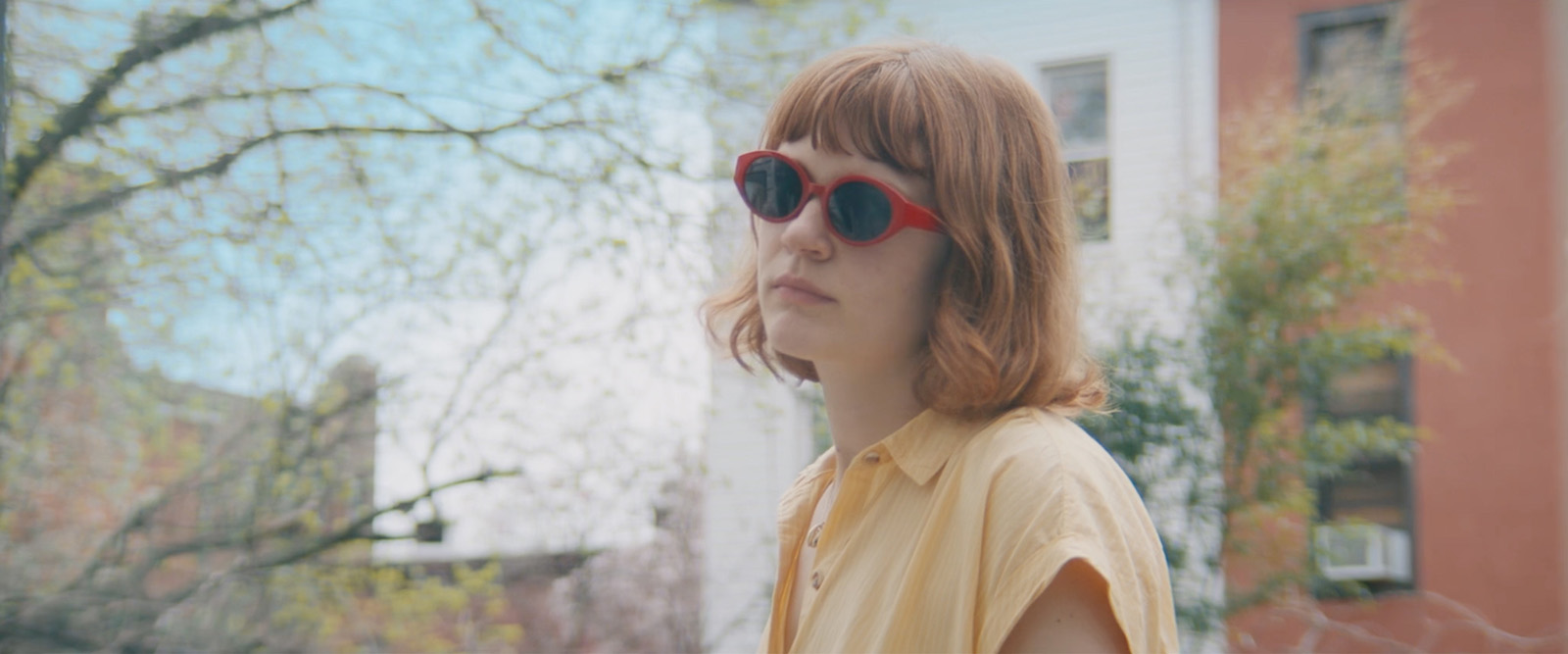
What’s your mission as a filmmaker?
I’m interested in exploring gender and sexuality. I got to do that in one way with Homebody, through the perspective of a child. And I’m excited to do that in another way with Cross Pollination, through the perspective of an alien. But at the end of the day, I’m interested in entertaining people. I watch a lot of movies, and there are three categories for me. There are movies I don’t want to see, movies I feel like I should see, and movies that I am genuinely excited to see. I’m definitely interested in making that third type of movie.
Name the most important thing you want viewers to experience when watching your projects.
I like this idea that movies are emotion machines. On one level, it’s just a series of still images flashing across the screen. Or, I guess more accurately now, just a series of pixels flashing on the screen. And yet, if done right, they can put emotions in the bodies of the audience. That’s a very exciting concept to me, that something I made could make someone else feel actual emotions. I also like movies that paint with the full emotional spectrum. I love a muscular tonal shift. I love a sad scene that’s followed by a funny scene that’s followed by a scary scene. So I guess it’s my hope to hold people’s attention long enough that they can feel something. Ideally, they would feel many things!
Who are some indie filmmakers that we should be paying attention to?
Marian Mathias, Jamie Dack, and Charlotte Wells are all classmates of mine from NYU who shot features this year. I know Francesca Mirabella, Germain Gulick, Harry Cepka, and Ines Gowland all have cool projects in development right now. I wish I could list all of my classmates. They’re doing amazing work!
What are five films you think everyone should see?
Wild Tales, Safe, A Separation, All About My Mother, OJ Made In America
Who would compose the soundtrack of your life?
I’d probably just ask Ariel Marx who did the music for Homebody. She also composed the music on my last 7 short films. We’ve worked together enough that we have a shorthand language. If I was having a bad day I could just say something cryptic to her like “Can we bring in some sparkle here?” and she’d write something to make me feel better.
Do you have any advice for aspiring filmmakers?
I’m not sure I have the authority to give advice to anybody. But people who I admire have always advised persistence. If you can just keep working towards the things you want, I do believe you’ll reach your goals eventually. Stick with it!
What’s your five-year plan?
I’m excited about shooting Cross Pollination next year. And I hope to make this TV show after that. Who knows. Time will tell. I just want to keep making stuff with good people.







